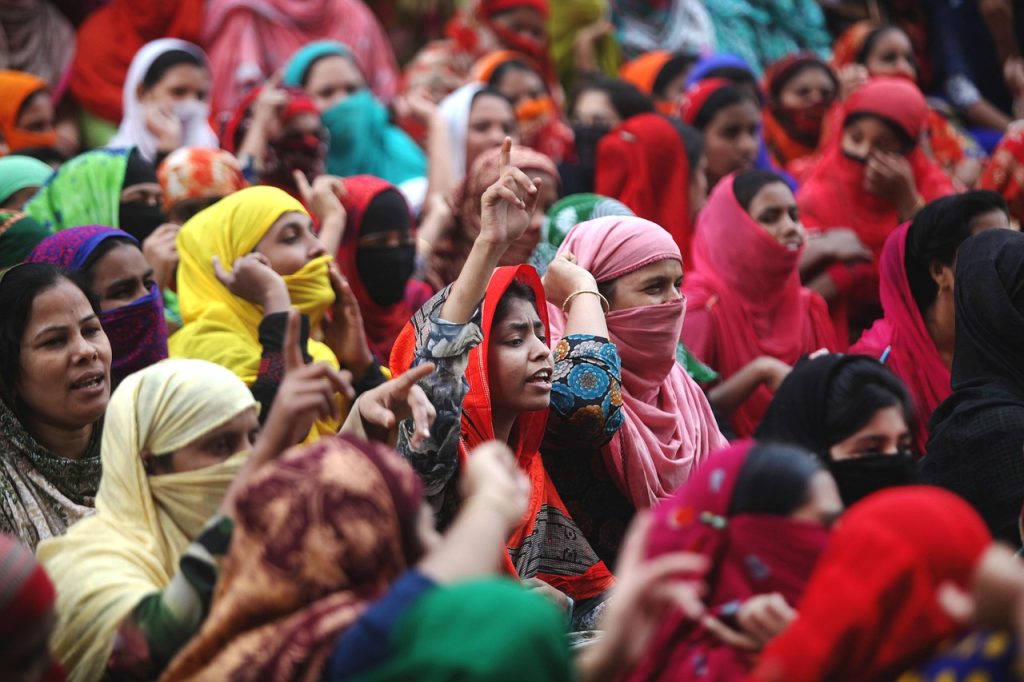The unfolding McDonald’s boycott is not just about burgers and fries; it’s a modern-day demonstration where consumers wield their wallets as a tool of protest. Triggered by the rollback of Diversity, Equity, and Inclusion (DEI) initiatives, this movement brings to light a significant shift in consumer behavior. The choice to boycott such a monumental brand underscores a broader societal demand for corporate accountability and inclusivity, making it a focal point for both consumers and investors.
This protest serves as a powerful reminder of how deeply intertwined corporate policies are with public perception. The decision to cut back on DEI programs has ignited a wave of ‘economic resistance’, as coined by protest organizers, suggesting a new era where consumers are increasingly mindful of the ethical landscapes of the brands they patronize as reported by Google Trends. As the boycott gains traction, it raises questions about the long-term impact on McDonald’s reputation and financial performance, potentially reshaping how global brands approach social responsibility.
As McDonald’s faces this wave of dissent, it highlights the growing expectation for brands to align with progressive social values. This situation sets the stage for other corporations to reconsider their strategies, especially when it comes to DEI policies. The incident could spark a broader conversation about the role of fast-food giants in addressing social issues, challenging them to bring about change not only within their companies but also in the communities they serve.
Could this be a turning point that compels other food industry giants to reevaluate their stance on social issues, or will it be a fleeting moment in the public consciousness? As consumers continue to demand more from the brands they support, the future of corporate responsibility in the fast-food industry hangs in the balance. What steps will McDonald’s take to not only address these concerns but also set a precedent for the future? The next moves by the fast-food titan could very well shape the landscape of corporate ethics for years to come.


